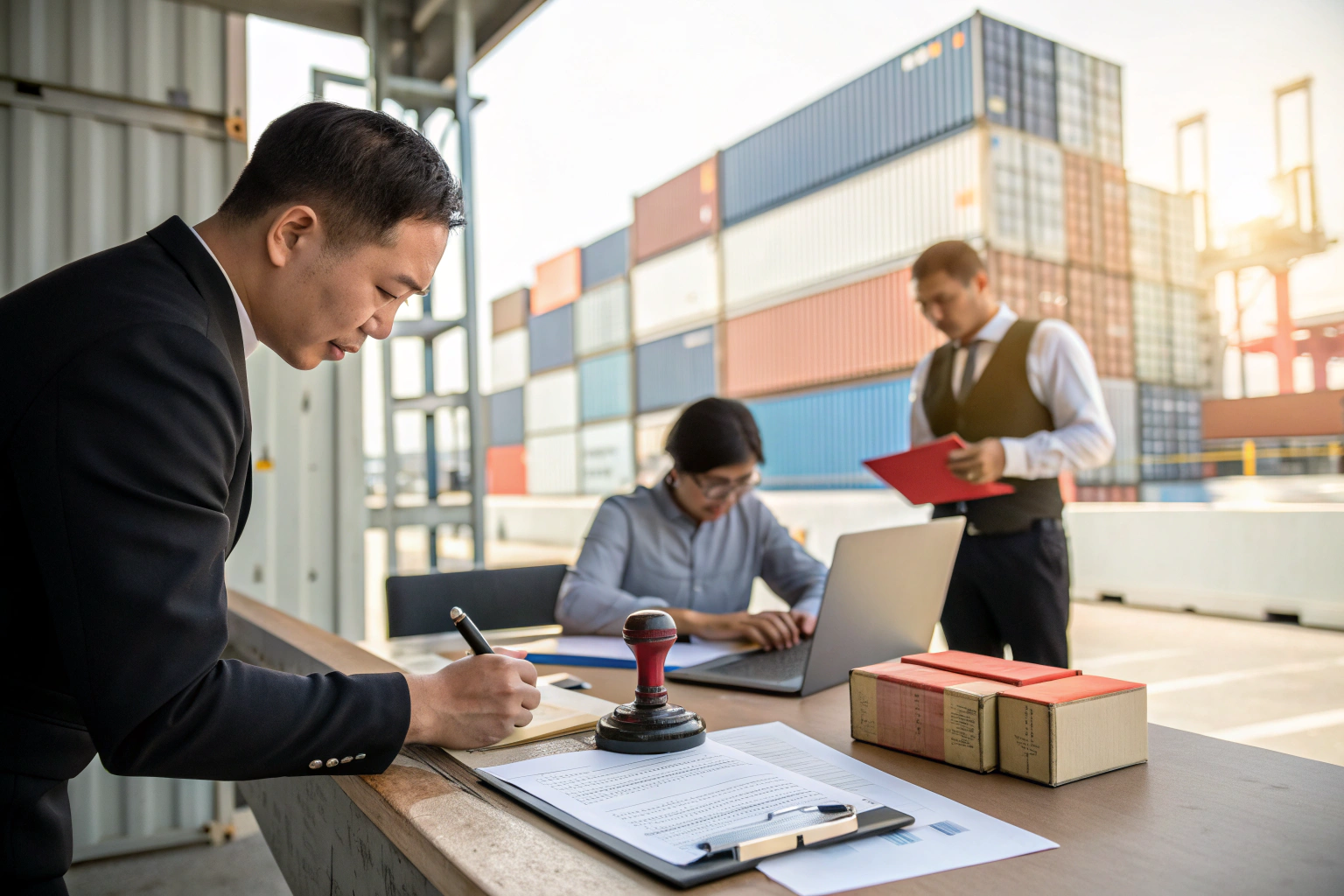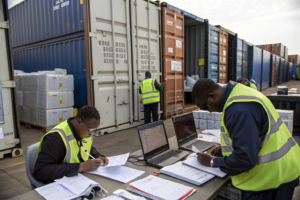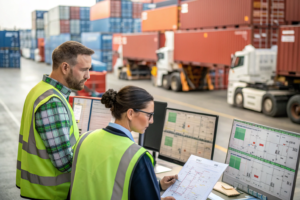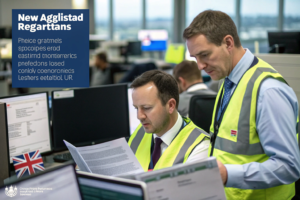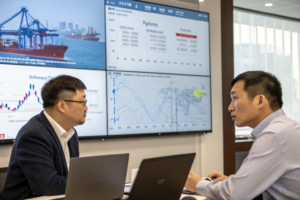Customs duties are one of the toughest parts of global trade. Many importers find the rules complicated, the paperwork exhausting, and the fees uncertain. Small mistakes can create delays, extra charges, or even penalties.
Freight forwarders make customs duties easier by preparing documents, classifying products correctly, talking with customs officers, and making sure duties and taxes are paid the right way.
From years of helping companies ship from China to the U.S. and Europe, I know that a reliable freight forwarder is more than just a transport provider—they are a partner who keeps your goods moving.
Why is customs duty management so important?
Customs duties add a big share of cost to every shipment. If they are not handled well, they can cut into profits and slow down deliveries.
Managing duties properly helps keep shipments on track and prevents businesses from paying more than they should.
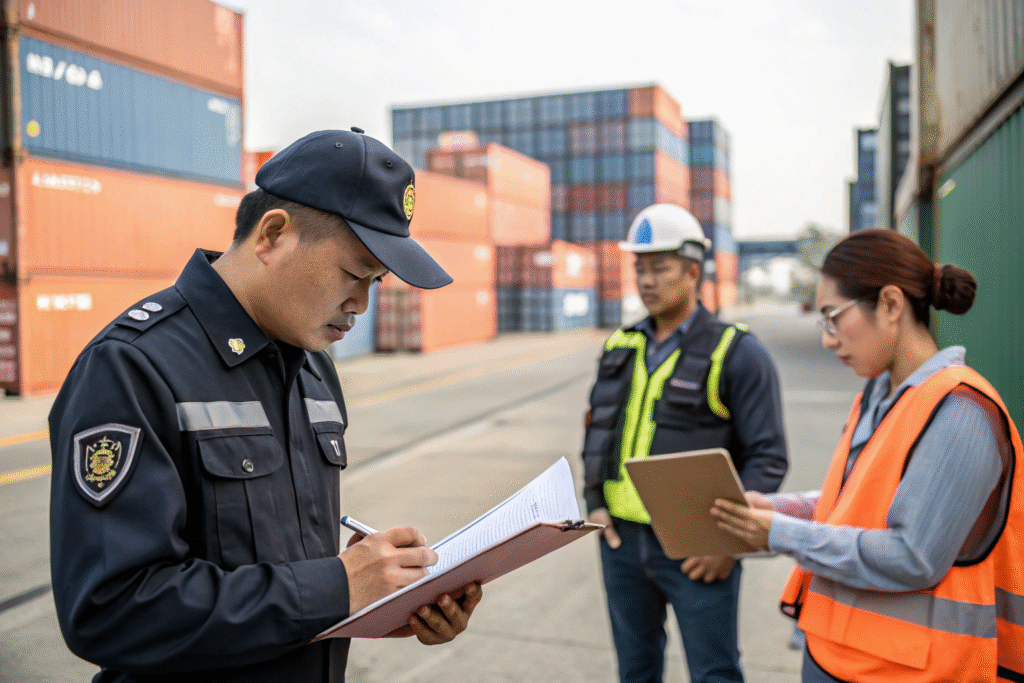
How do duties affect total landed cost?
Duties, taxes, and tariffs are part of your final “landed cost.” If you don’t count them accurately, you might sell products at the wrong price. Government sources like U.S. International Trade Commission provide tariff schedules to help with planning.
Why do mistakes in customs duties cause delays?
Wrong HS codes, missing invoices, or poor declarations often trigger customs checks. This means storage fees and delivery delays. Using references such as the Tariff Classification Database helps reduce errors.
How do freight forwarders classify goods correctly?
Every product has an HS code that decides its duty rate. Getting it wrong can cost money or slow down clearance.
Freight forwarders help importers by matching goods to the right HS code and confirming that the duty calculation is correct.
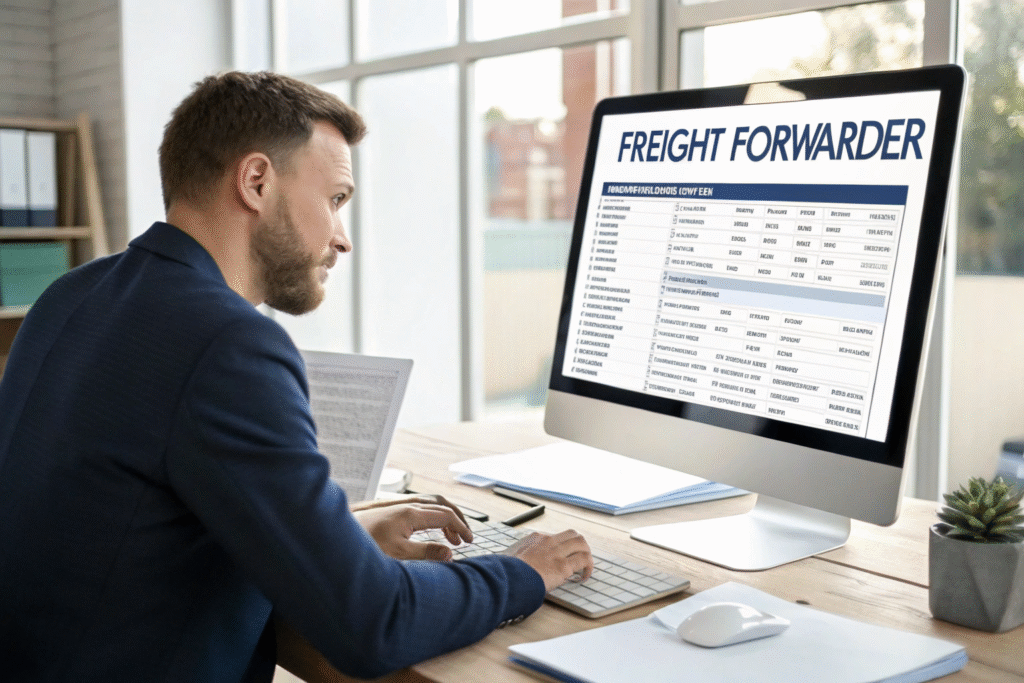
Why is HS code classification difficult?
The HS code system is very detailed. Even small changes in description can mean a different tax rate. Guidelines from the World Customs Organization explain why accuracy matters.
How do forwarders prevent misclassification?
Forwarders compare product details with official databases and past experience. They also stay updated with notices from Customs.gov to avoid mistakes that lead to fines or higher tariffs.
What documents do freight forwarders handle?
Customs clearance always comes with paperwork. Each shipment needs several forms, and even one mistake can hold up the cargo.
Freight forwarders prepare and double-check documents so they meet customs standards.
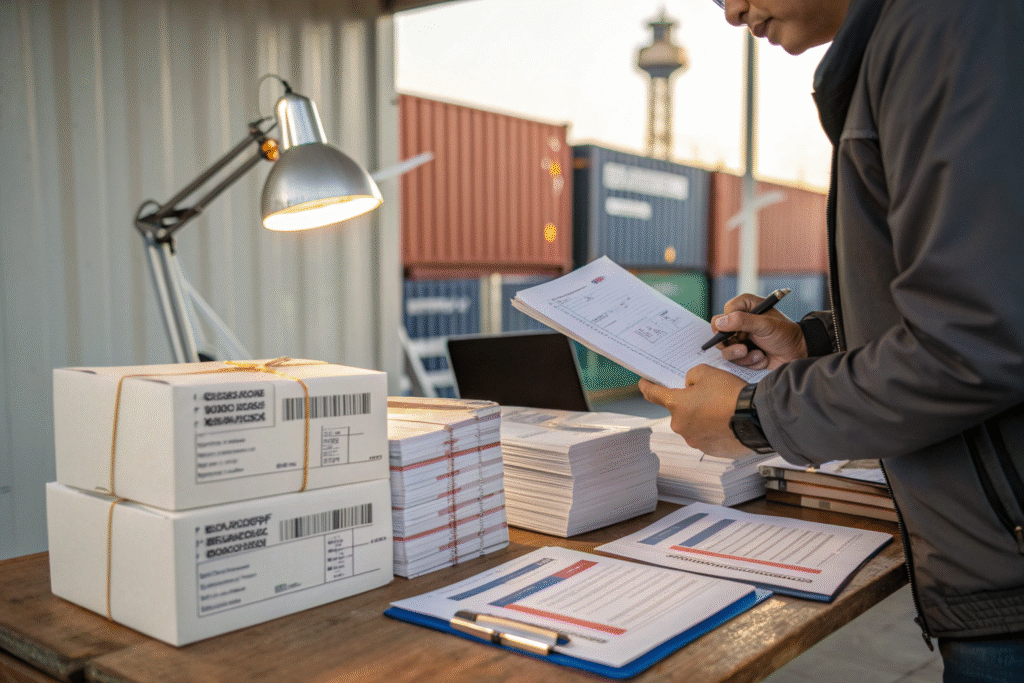
Which documents are most important for duties?
Essential paperwork includes commercial invoices, packing lists, bills of lading, and certificates of origin. Guides from Export.gov list these requirements clearly.
How does proper documentation save money?
Accurate paperwork lowers the risk of inspections and extra storage costs. Forwarders also make sure the declared value matches what customs expects. Support from the International Chamber of Commerce helps importers follow best practices.
How do forwarders simplify duty payments?
Paying duties is necessary before cargo can be released. For many importers, the process is confusing, especially when shipping to several countries.
Freight forwarders make payments smoother by using their accounts, paying in advance if needed, and giving clients clear records of every charge.

What payment methods do forwarders use?
Forwarders often use bonded accounts to pay duties upfront. Clients then repay them, which speeds up clearance. Information on bonded systems can be found at CBP.gov.
How does this build trust with clients?
Transparent payments prevent surprise bills and build confidence. Some forwarders use digital platforms, like Kuehne+Nagel, where clients can check charges and payment history online.
Conclusion
Freight forwarders manage customs duties by classifying products, preparing paperwork, speaking with customs, and arranging payments. Their work saves time, cuts risk, and keeps shipments moving without extra costs.
Choosing a skilled forwarder means you can focus on running your business while they take care of the complicated customs process.
